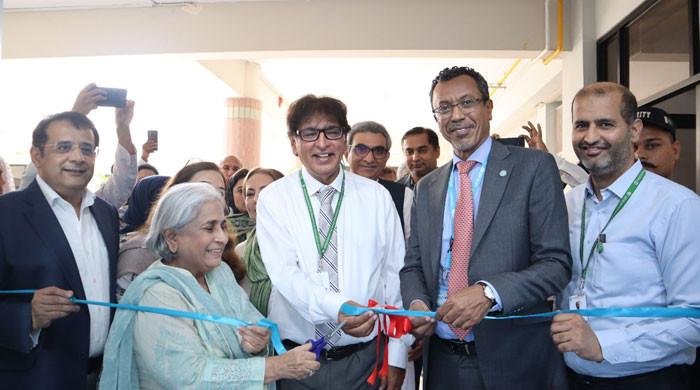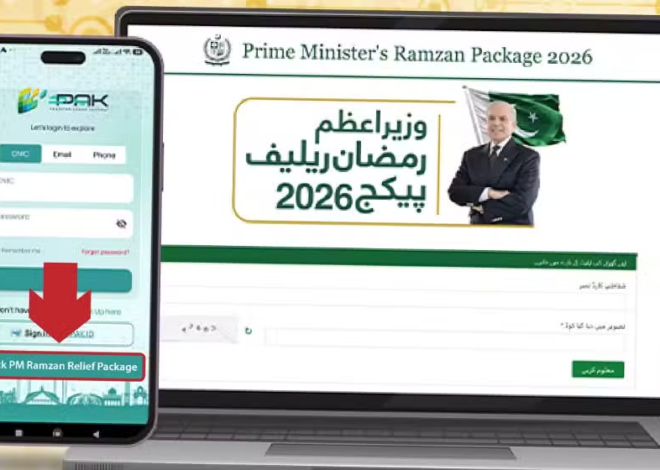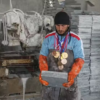
Pakistan Moves Toward Conditional Approval of Human Milk Banks
A Landmark Step in Infant Health Care
Pakistan has conditionally approved the establishment of human milk banks, marking a significant policy decision aimed at improving infant care and nutrition. Human milk banks, which store and provide breast milk for infants unable to receive it directly from their mothers, are recognized globally as a vital resource in reducing infant mortality and addressing malnutrition.
The move highlights the country’s commitment to advancing maternal and child health while ensuring the policy framework aligns with cultural and religious sensitivities.
Emphasis on Ethical and Religious Compliance
Prominent religious scholar Raghib Naeemi weighed in on the development, stressing the importance of enacting strict legislation to regulate the functioning of human milk banks. According to him, while the initiative holds promise for safeguarding infant health, it must be carefully designed to prevent any form of misuse.
Naeemi emphasized that institutions managing these milk banks must operate within transparent legal and ethical guidelines. He added that adherence to Islamic principles would be essential in maintaining public trust and ensuring the system’s integrity.
The Health Benefits of Milk Banks
Globally, human milk banks are considered lifesaving institutions. For premature and medically fragile infants, donor milk can significantly reduce risks of severe health complications, including infections and developmental delays. The practice also ensures that babies who cannot access their mother’s milk still receive optimal nutrition during the crucial early stages of life.
Health experts in Pakistan have long argued for the need to explore such solutions, especially given the country’s high infant mortality rates and the persistent challenges of malnutrition. With proper regulation and monitoring, milk banks could serve as a vital addition to the nation’s health infrastructure.
Legislative Framework and Safeguards
While the conditional approval is a step forward, the success of milk banks will depend on the clarity of the legal framework governing them. Raghib Naeemi pointed out that laws must cover aspects such as donor screening, milk storage, distribution, and the ethical use of donated milk.
He also highlighted the importance of public education campaigns to raise awareness about how milk banks function. Informing parents, healthcare providers, and the community at large about their purpose will be critical in overcoming misconceptions and ensuring acceptance.
Balancing Modern Health Practices with Tradition
The initiative reflects Pakistan’s attempt to strike a balance between modern healthcare practices and cultural values. By involving scholars like Raghib Naeemi in the discussion, policymakers aim to integrate religious perspectives with medical science, creating a framework that is both effective and socially acceptable.
This dual approach is seen as essential for building public confidence. By setting strong legislative safeguards, the government hopes to ensure that milk banks in Pakistan can operate in a way that benefits infant health while remaining compliant with ethical and religious standards.







